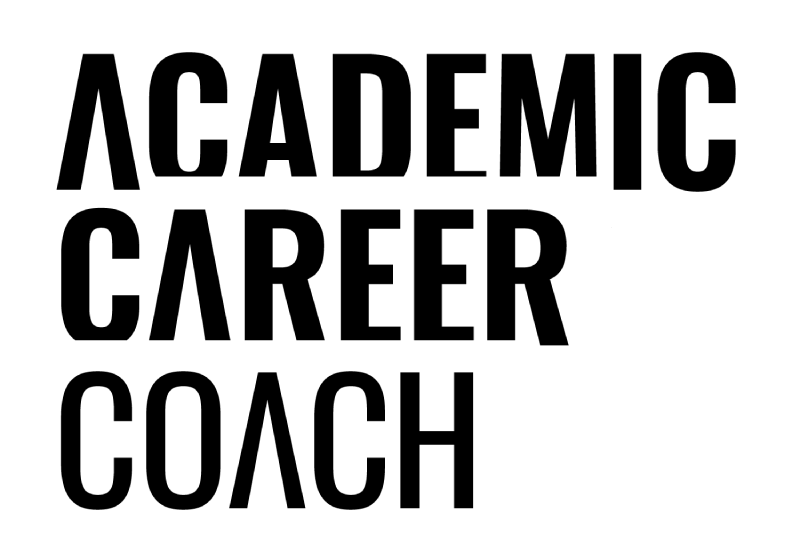#2: Building an online network strategy
Written for Scientistt
This is blog #2: Building an online network strategy. Due to the pandemic situation, we are all forced to spend a tremendous deal of our time online. Back in the days, we used to meet other people at work, a conference, or another social occasion, now changes to interact are mainly limited to online meetings. Therefore, I concentrate on this second blog primarily on how to build your online network strategy. You might consider this blog as the extension of my previous blog on ‘how to start networking’ targeting its online facets.
In this digitalized world, the chances for starting online networking are immense. Through social networks like Twitter, researchers “can get to know the broader community in their field and researchers they have never met before” (Else, 2014). Additionally, it enables engaging and exchanging their knowledge within the field as without for industry or policymakers. Also, Academic Social Networks (ASNs) like Academia.edu or ResearchGate emerged among researchers. ASNs are “specifically designed to facilitate interaction between individuals within the academic space” (Mason, 2020). Each platform offers “its own combination of tools and capabilities to support research activities, communication, collaboration, and networking” (Espinoza Vasquez & Caicedo Bastides, 2015). Besides, there are these online research communities like Scientistt, or networking tools as researching.io (connects current academics with former ones who transferred towards industry). Moreover, researchers can strengthen their online presence by building their websites. All these options enable researchers to share their publications easily, within and outside academia, and publicly communicate on their research by tweets, blogs, vlogs, and podcasts.
As time-consuming as these online options might appear to you, exposing yourself to these platforms is increasingly important to establish yourself as a researcher. Exposure, sadly, turns out to be more significant than performance. As Coleman’s study (2010) underlines, by weighting those three elements that make you move up in your profession, exposure counts for 60%, image for 30%, and performance only takes up 10% of them responsibly. If you were not convinced yet to take networking seriously, this insight might do the job. And as shown above, many chances arise for you as a researcher for exposing yourself online and to network. Then, how to deal with these options? Participating on all these platforms is far too time-consuming, and therefore you need to design your strategy. And to compose yours, you need to entangle the why of your network aspirations.
Step one: ask yourself, why would you engage in one network above the other? What’s your purpose with strengthening your online presence?
With his remarkable book Start with Why, Sinek (2009) brought the train of thought back to that simple and straightforward question we should always ask ourselves: ‘Why do you do what you do?’ So, step one: ask yourself, why would you engage in one network above the other? What’s your purpose in strengthening your online presence? Yes, (online) exposure is vital to move upwards in academia, but does it do the trick if you are ‘on it but not doing anything with it’ (Blackford, 2018)? Signing up for all these platforms could be considered as acting blindfolded in establishing your online network. You need to engage, participate, gain and share information, and react. In other words, you need to become involved. That requires a strategy.
Porter & Woo (2015) tried to entangle the networking phenomenon by describing the ‘why, how, and what’ of networking. They highlighted four networking perspectives (which I already translated into researchers’ ones):
- Networking for work performance: so, you network to develop informal relations with other researchers to access interpersonal resources, like information and influence, to boost your performance.
- Networking for career management: you network with fellow professionals to access resources that will lead towards your desired career outcome.
- Networking for job search: you network to increase the amount of information about (alternative) employment opportunities.
- Networking as behavior: this kind of networking hasn’t got a specific work-related goal; it is something you just always do to manage your professional (and personal, I would say!) career.
This last one is about maintenance (I’ll cover that in a future blog), while the others are about building relationships. These are about creating new contacts and build on existing ones. So, step two: ask yourself, which perspective is mandatory to cover the stage you are momentarily in your career? Do you want to invest in your performance? Do you want to create scientific collaborations? Do you need new leads towards your wanted career? Or, are you in need of a new position? Most likely, all the above will appear on your wish-list. It turns out that the five main affordances for researchers to use (academic) social networks are: 1) Management of online persona 2) Diffusion of studies 3) Collaboration 4) Information management, and 5) Measurement of impact (Meishar-Tal & Pieterse, 2019). However, by recognizing your needs, you get to know where you are after if you start networking.
Step two: ask yourself, which perspective is mandatory to cover the stage you are momentarily at in your career?
Now, being aware of your purpose and perspective, let us start selecting the platforms you might want to join. Miah (2019) curated this excellent list, including all networking platforms for people working in higher education. I could do a deep dive into all the criteria (popularity, research dissemination, online persona) you could consider while choosing an online platform. However, I only want you to focus on basic networking. Thus, step three: ask yourself, does this platform enable me to connect with other exciting researchers, and can I gain and share information on these platforms?
Step three: ask yourself, does this platform enable me to connect with other interesting researchers, and can I gain and share information on these platforms?
So, this last step is about intertwining your purpose and perspective to define your online strategy and making thoughtful choices about which platforms to use to build authentic relationships, taking into account your personality (what suits you) and available time. Thus, do they do the job for you, and does it cost you (time, effort), or do you benefit (building new relationships but also enjoying participating on it) from the platform? Keep in mind that joining is also about maintaining, so consider your resources in time.
While writing this blog, I admit I can’t stop thinking about this book by Cal Newport. In 2019 he wrote Digital Minimalism: Choosing a Focused Life in a Noisy World, in which he argues that our relationship with the digital world, making us hyper-connected in multiple ways, is an unhealthy one and cannot be sustained. Therefore, do make an effort to perform deep research into your online networking motives. You do not want to waste your costly time online, even when it is about networking. Thus, keep focusing on your purpose and perspective while using your chosen platform(s) to reach your personal online networking goals.


